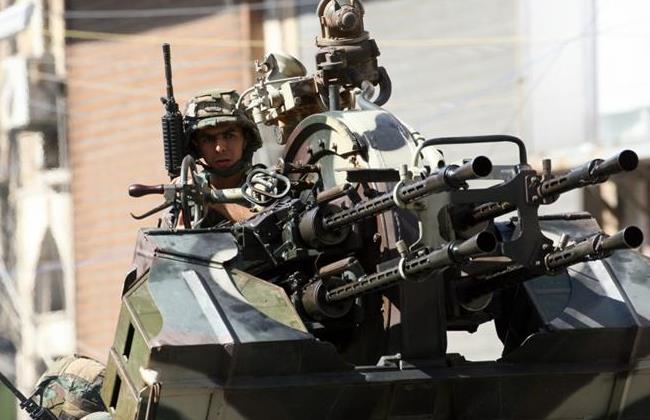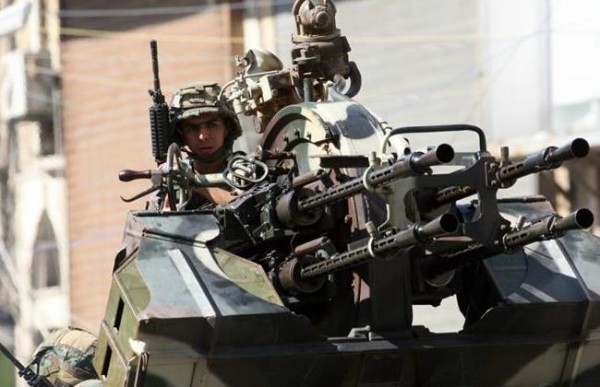
After his arrest, Mikati confessed he was a member of IS, and also admitted during interrogation that he had planned to kidnap some members of the military to put some pressure on the government to accept an exchange of prisoners concerning the 27 soldiers and a policeman who were IS hostages at the time.
On Thursday, the Army issued a statement describing 46 year old Mikati as being one of the most important protagonists of the Islamic State presence in North Lebanon. The statement also said that Mikati was planning a major terrorist action with the help of his son Omar who is now fighting with the IS in the suburbs of the northeastern city of Arsal. Mikati has also been accused of recruiting young Lebanese men into the ranks of the Islamic State in the area of Qalamoun. According to the Army statements, Bilal Mikati, who is a nephew of Ahmad Salim, took part in the decapitation of Sargeant Ali Sayyed, who had been taken as a hostage together with other soldiers and policemen by the IS and the Al Nusra Front in Arsal last August.
The problem underlying ongoing religious and power conflicts in the Cedar-Tree Nation has been simmerring for a long time and has never been squarely adressed. However, while it is necessary to tackle this problem at its very root, it is also immediately necessary to enforce security measures to stem the new wave of violence. The Army has tried to enforce security measures within the city, but are facing many obstacles, mainly connected with sectarian issues present within the country itself as well as for political and logistical reasons. On the other hand, the religious and political leaders of all the groups present need to really try and work side by side in the fight on terrorism, and thus take advantage of the great international support they are receiving at present.
Translated from Italian by Franscesca Piatti










